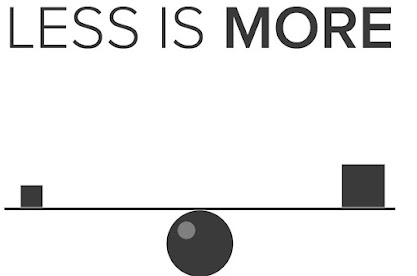Reading material: 05 Less is more: Does that apply to work?
https://www.wisdomsq.com/contents/belite/20230920.html
”Less is more”: Does that apply to work?
「少ない方が豊かである」は仕事にも当てはまる?
We often hear the saying, "less is more," but can this apply to the workplace? Believe it or not, doing less can actually boost productivity. Consider this: What if we cancelled some training sessions, scrapped unfinished projects, and stopped discussing unchangeable past events?
Deloitte once discovered they were burning two million hours yearly on past performance reviews. They instead focused on future performance and career goals, which led them to more productive conversations. Harvard Business Review and The Wall Street Journal have also highlighted the benefits of efficient operations, while The Economist recently suggested that "dropping unnecessary tasks should be a key management strategy."
It's important, however, to know what to cut. Identifying non-essential tasks or outdated practices is step one. Organizations often make the mistake of involving too many people in a single task. A better approach? List team members and identify those important to the task, then remove the rest from that project. This increases efficiency and eliminates unnecessary efforts.
The same principle applies to emails. Do you really need to "cc" everyone? Each unnecessary recipient means more time wasted. Another area ready for downsizing is meetings. Challenge your team to cut meeting times by half. Fewer, more focused meetings can lead to better results.
This philosophy of "doing less to achieve more" isn't limited to professional life. As Leidy Klotz discusses in his book, "Subtract: The Untapped Science of Less," we often try to add to improve our lives, overlooking the power of subtraction.
So, in a world that often celebrates
'more,' it might be time to embrace the value of
'less.' It could make us more efficient, more focused, and ultimately, more successful.



コメント
コメントを投稿